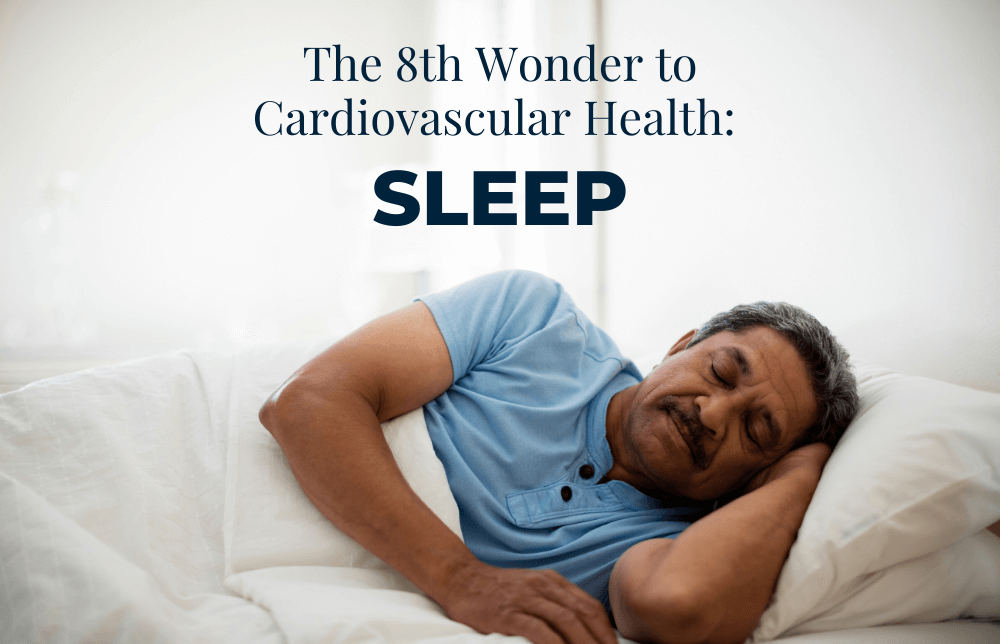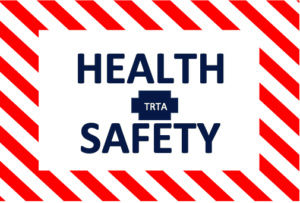Want to score A+ heart health? Then you’d better get those Z’s. A recent study concluded that sleep is so essential in maintaining heart health that it’s been added as one of the “Essential 8” for cardiovascular health. The 8 components include: healthy diet; physical exercise; avoidance of nicotine; healthy weight; healthy levels of blood lipids; blood glucose; and blood pressure; and now, healthy sleep.
Over 80% of cardiovascular events, including heart attack, abnormal heart rhythms, and coronary artery disease, are preventable. By following the recommendations of the “Essential 8” you can help keep your heart healthy.
Consistency of Sleep is Vital to Heart Health
The heart likes consistent sleep. In a study that followed older adults for five years, those with the most irregular sleep schedules were nearly twice as likely to develop heart disease as those with more regular sleep patterns.
Researchers haven’t yet solved why going off a regular sleep schedule with consistent bed and wake times affects the heart. But sleep inconsistency may disturb the body’s circadian rhythms. Heart rate, blood pressure, and other cardiovascular functions vary with the time of day and may become disrupted by inconsistent sleep.
Poor sleep can also affect the heart indirectly by influencing our choices about food and exercise. Research shows lack of healthy sleep habits may lead to increased food cravings. It may also lead to choosing less heart-healthy comfort foods that are high in saturated fat and sugar. The problem is cyclical and works both ways: when you don’t eat well, you don’t sleep well. The same issue is true for physical activity, she adds.
The results demonstrate that sleep is an integral component of cardiovascular health. And while sleep disorders like insomnia or sleep apnea can obviously adversely affect people’s health, we now have evidence that regular habits including going to bed and waking up at regular hours and getting sufficient sleep also play a vital role in maintaining your health.
Source: https://www.ahajournals.org/doi/full/10.1161/JAHA.122.025252


